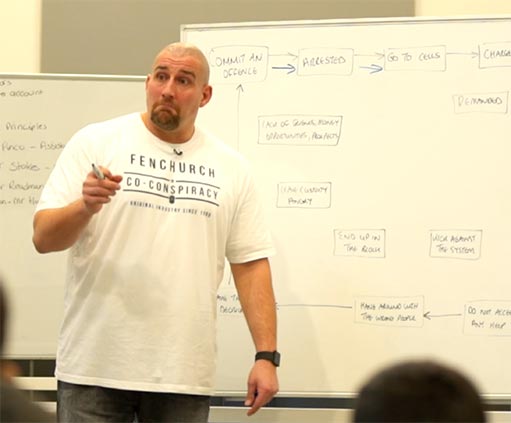Adverse Childhood Experiences
Getting to the root cause

ACEs
We have recently amended the content of our referral form in light of emerging evidence in relation to Adverse Childhood Experiences (ACEs).
ACEs are traumatic experiences that can have, and do have, profound effects on a child’s developing brain and body with lasting impacts on a person’s health throughout their life.
These stressful experiences that occur during childhood either directly harm a child or affect the environment in which they live.
The 10 Adverse Childhood Experiences include:
Child Maltreatment

Verbal abuse
23%

Physical abuse
17%

Sexual abuse
10%
Childhood Household Included

Parental
separation 20%

Domestic
violence 16%

Mental
illness 14%

Alcohol
abuse 14%

Drug
use 5%

Incarceration
5%
- Unintended teenage pregnancy (<18 years) 17%
- Early sexual initiation (<16 years) 37.8%
- Being a current smoker 46.4%
- Being an ever user of cannabis 47.7%
- Being a current binge drinker 16.7%
- Being an ever user of herioin/crack 9%
- Being a victim of violence (past year) 16.1%
- Being a perpetrator of violence (past year) 13.9%
- Incarceration (lifetime) 25.1%
- Have a poor diet (current) 25.1%
- Have low physical exercise (current) 42.7%
Research tends to show that between 8 to 14% of the general population in the UK have suffered 4 or more ACEs during their childhood.
Research also shows that those who have suffered 4 or more have a significantly increased likelihood of certain health & criminal justice related outcomes later in life. For example, the below table shows the odds ratio of health harming behaviours for people who have 4+ACE compared with 0 ACE (Bellis et al 2014b);
Further research has also identified a variety of links between specific ACEs and specific outcomes.
For example, of those young people who witnessed violence within the home, males were at increased risk of being a perpetrator of violence in adulthood whereas females were more likely to be victims of violence in adulthood.
So what if we were able to act to prevent future ACEs from occurring?
Preventing ACEs in future generations
could reduce levels of:

Heroin / crack
cocaine use by 66%
(lifetime)

Incarceration
by 65%
(lifetime)

Violence
perpetration by 60%
(past year)

Violence victimisation
by 57%
(past year)

Cannabis
use by 42%
(lifetime)

Unintended teen
pregnancy by 41%

High-risk
drinking by 35%
(current)

Early sex
by 31%
(before age of 16)

Smoking tobacco
or e-cigarettes by 24%
(current)

Poor diet by 16%
(current: 2 fruit &
veg portions daily)

It is the intention of Great Expectations and the Aston Project, therefore, to take steps to identify the existence of ACEs with all young people who we work with. We will do this in order to develop an understanding in relation to the root causes for behaviour and to work with the young people to deal with the related issues and to build resilience, rather than focusing more heavily on dealing with certain behaviours (or symptoms).
The first step in doing so is to find out what the referrer knows about a young person’s Adverse Childhood Experiences.
If you are making a referral, please would you therefore answer the questions on the newly worded referral form in as much detail as you possibly can. If there is information you don’t know then please don’t worry, just say so on the form and we will work with other partners to identify any further information once we have received your referral.
If you are reading this as a parent please don’t be alarmed. This is not about apportioning any blame to anyone, but about working in the very best interests of your child, to assist them to build resilience and aspire towards a positive future.
